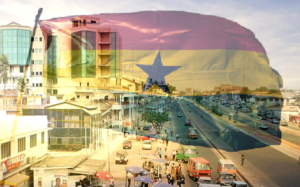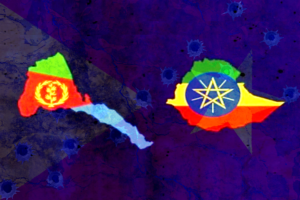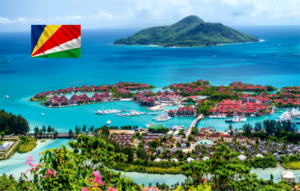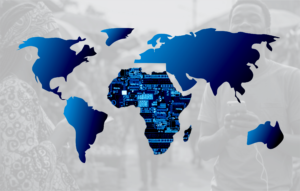Qatar’s $103 Billion Investment Plunge in Africa
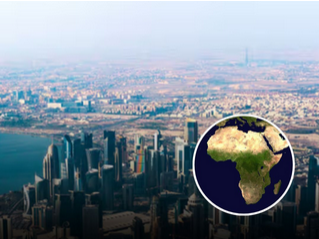
Qatar has placed one of the boldest wagers yet on Africa’s future, pledging $103 billion across six countries through Al Mansour Holdings. The announcement, made in late August, is more than an economic play. The statement is about influence, resources and shifting global alliances.
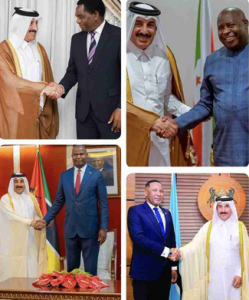
The Democratic Republic of the Congo leads the pack with a promised $21 billion injection into mining, hydrocarbons, and agriculture. Mozambique is set to receive $20 billion, while Zambia and Zimbabwe each stand to gain $19 billion in oil, gas, and minerals. Botswana and Burundi, with $12 billion apiece, are targeted for infrastructure, diamonds, tourism, and farming.
African leaders see the stakes as a huge move. In Botswana the deal may help ease the country’s reliance on diamond cycles. While in the DRC and Zambia, the funds could unlock lithium and cobalt reserves vital for the global green transition. Mozambique and Burundi hope to expand farming and energy production, potentially transforming livelihoods in rural communities. But the promise is shadowed by history. Africa has seen grand investments before, many lost to weak governance, political instability, bureaucratic misfits or logistical bottlenecks. Analysts warn that fragile infrastructure and volatile commodity prices could once again stall the expected delivery from this investment projection.
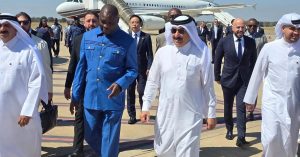
The timing of Doha’s move is strategic. As US protectionism hardens under Donald Trump’s second term, while the Gulf States are stepping into Africa with deep pockets and political leverage. Abu Dhabi and Dubai have already sunk billions into African ports and mines. For Qatar, the stake is as much about diversifying away from hydrocarbons as it is about securing food, minerals, and influence in a world in flux.
The human dimension is harder to measure. Will these billions build roads, schools, infrastructures, impact socioeconomic development and factories, or will it merely just begin a tunnel of extracting resources? Because, to some families across in Kinshasa, Gaborone, Maputo, etc., the answer could shape the next generation’s fortunes. But in reference to the Oxford Economics cautions, securing capital is only the first step. Implementation is the true test.
However, the question remains whether the Qatar’s billions investment will mark a turning point for Africa, or another mirage of development deferred.


